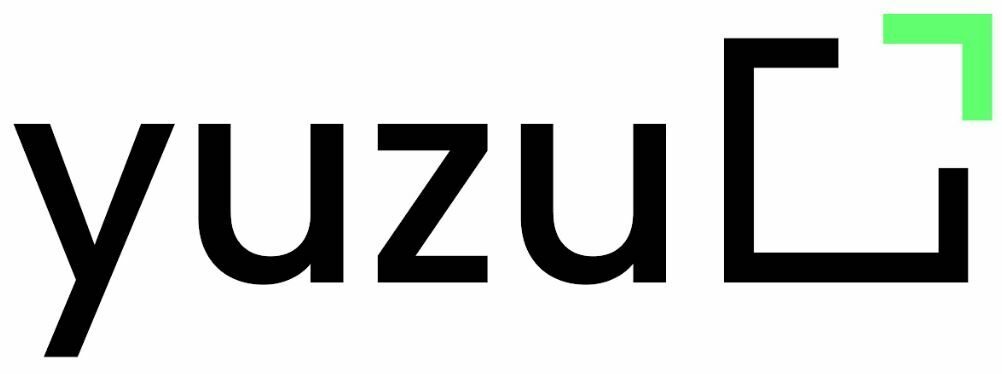Yuzu becomes PSAN and launches the first green savings account in cryptocurrency

Yuzu.Green is a fintech created by Clément Coeurdeuil, former co-founder of Budget Insight. It aims to give new meaning to savings by offering a low-carbon savings account, whose funds are backed by stablecoins. After obtaining PSAN (Service Provider on Digital Assets) status from the AMF, Yuzu recently made its application available to the general public.
FACTS
-
yuzu is based in Paris and already has a dozen employees.
-
Its first product is a savings account whose funds are converted into stablecoins and then invested in decentralised finance (DeFi) to generate a return. To do this, Yuzu relies on several mechanisms of decentralised finance:
-
Liquid staking of several crypto-currencies (ETH, DOT, etc), which is aimed at those who already own crypto-currencies, to enable them to generate a variable return between 2.5 and 10%.
-
The purchase and sale of crypto-currencies selected by yuzu's teams, based on their utility and energy impact. In the case of bitcoin, which is considered to be very energy intensive, no return is possible, but a carbon compensation is possible so that 1 BTC placed with Yuzu is 1 BTC that is decarbonised.
-
The possibility of investing (all or part) of the returns in French decarbonisation projects (reforestation, methanisation, recycling, etc.), measured, controlled and marked as low carbon by the Ministry of Ecological Transition.
-
-
Unlike traditional passbooks, the Yuzu passbook offers a daily return, starting at 1 euro, with no limit on the amount that can be paid in and with the funds being made available immediately.
-
Yuzu aims to recruit 2,000 to 5,000 users by December 2022.
CHALLENGES
-
Connecting finance, crypto-currencies and ecology: crypto-currencies have long been questioned for their excessive energy consumption. Today, many of them have evolved to shed this image. This is the case, for example, with Ethereum, which has switched from a proof-of-work transaction validation mode to a proof-of-stake validation mode, drastically reducing the amount of energy needed for mining. It is in this context that Yuzu wants to regulate the carbon impact of crypto-currency holders and engage savers in a decarbonisation process by several means:
-
decarbonising BTCs of users,
-
favouring the purchase of low-impact crypto-currencies,
-
reinvesting a portion of the revenues generated in decarbonisation projects (by default, the threshold is 15% of revenues going to carbon removal).
-
-
Inspire and create the financial services of tomorrow and increase the return on savings tenfold thanks to DeFi: with this innovative savings offer, Yuzu wants to democratise the use of green finance and fight against green-washing, develop decarbonisation projects made in France and use the possibilities of decentralised finance to innovate. While the start-up does not seem to be targeting crypto aficionados, it is focusing on a value proposition centred on carbon offsetting and returns.
MARKET PERSPECTIVE
-
With the ever-increasing ecological awareness in recent years, and especially in this period of COP27 in Egypt, fintechs in the crypto space are in an increasingly difficult position vis-à-vis the disastrous carbon footprint generated by this activity. Some fintechs are therefore making this their anchor and trying to revitalise the libertarian ideal of the crypto world. This is the case of Sweep, which wants to put eco-responsibility into investment portfolios.
